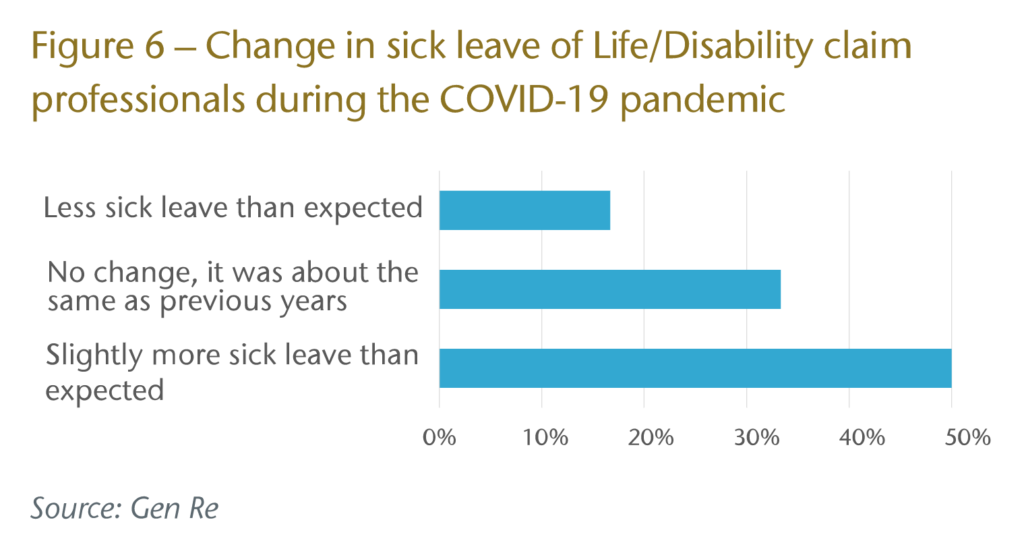Excerpt:
A significant portion of U.S.-based asset managers think further Federal Reserve rate hikes would lead to a recession or some disruption in global financial markets, according to research last month by London-based CoreData Research.
The greatest anticipated risk of continued Federal Reserve rate hikes is a possible recession. Overall, 59% of survey respondents took a neutral look at a recession scenario, that there would be “a moderate recession in 2023, followed by a gradual recovery as central bank policies bring down inflation over time,” while 14% opted for a bull case, defined as “a mild recession in the first half of 2023, followed by a strong recovery, falling inflation and rising equity markets [in the second half of 2023],” and 27% said they agree with a bear case, defined as a scenario in which “stagflation and a deep recession [occur] in 2023, accompanied by a 10-20% fall in the equity markets, as central banks struggle to defeat inflation which remains high.”
….
Within fixed income, 36% of respondents said they are increasing allocations to investment-grade corporate bonds, the most of any fixed-income subtype, and 33% are set to increase allocations to government bonds. A further 23% of respondents said they plan to cut their exposures to emerging-market debt as a consequence of higher yields domestically.
Author(s): Dusty Hagedorn
Publication Date: 24 Feb 2023
Publication Site: ai-CIO



